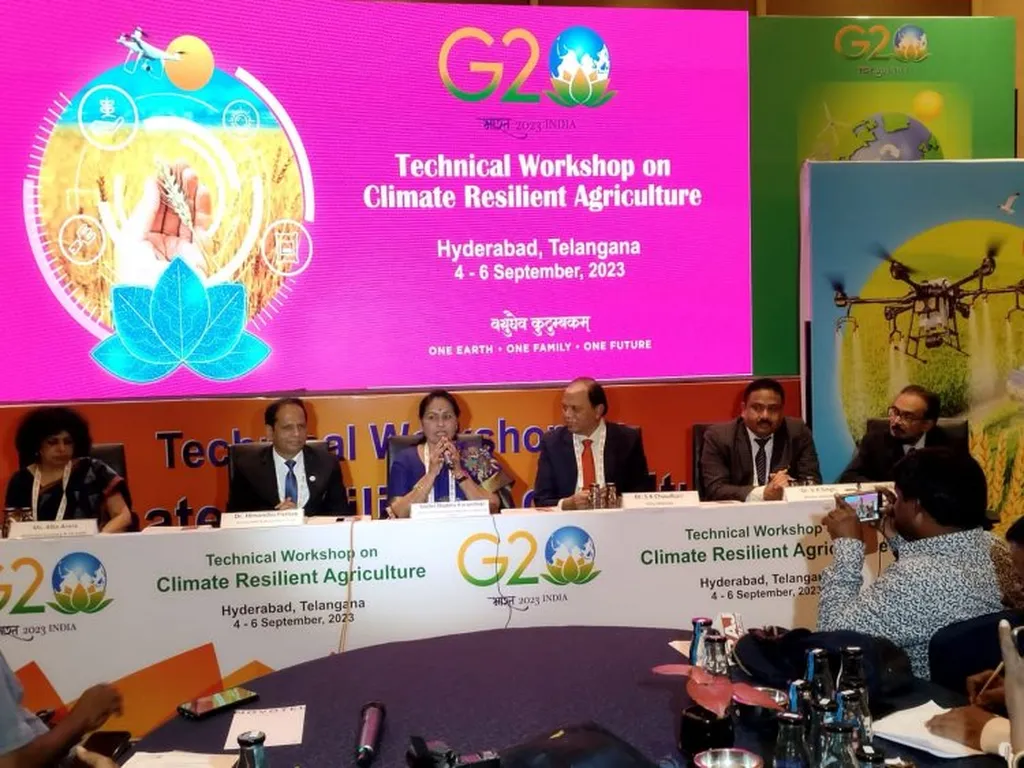In the face of escalating climate challenges and burgeoning populations, the global agriculture sector is grappling with significant threats to crop productivity and food security. A recent study published in the *International Journal of Bio-Resource and Stress Management* sheds light on the pressing need for low-cost technologies to mitigate these issues, offering a glimmer of hope for farmers worldwide.
The research, led by Ratikanta Maiti of Vibha Seeds in Hyderabad, India, underscores the dire state of arable lands, with two-thirds affected by salinity and more than one-third by drought. These conditions, compounded by heat stress, flooding, and nutrient deficiencies, are pushing agricultural systems to their limits. “The impact of these abiotic stress factors on crop productivity is profound, and traditional methods alone are insufficient to address the scale of the problem,” Maiti explains.
The study highlights the substantial research investments made to tackle these challenges, yet the translation of these advancements into practical, farmer-friendly technologies has been limited. This gap between innovation and implementation is a critical bottleneck that the agricultural sector must overcome to ensure food security for future generations.
The commercial implications of this research are vast. By developing and deploying low-cost, sustainable technologies, farmers can enhance crop resilience and productivity, leading to increased yields and economic benefits. For the agriculture sector, this means not only securing food supplies but also opening new avenues for growth and innovation.
The study’s findings suggest that future developments in agritech will likely focus on bridging the gap between research and practical application. This could involve the creation of affordable, scalable solutions that are easily adoptable by farmers, regardless of their location or resources. “The key is to make these technologies accessible and beneficial for small-scale farmers, who are often the most vulnerable to climate-related stresses,” Maiti notes.
As the agriculture sector continues to evolve, the integration of sustainable, low-cost technologies will be crucial in mitigating the impacts of climate change and ensuring food security. The research published in the *International Journal of Bio-Resource and Stress Management* serves as a timely reminder of the urgent need for action and the potential for innovation to drive positive change in the agricultural landscape.

